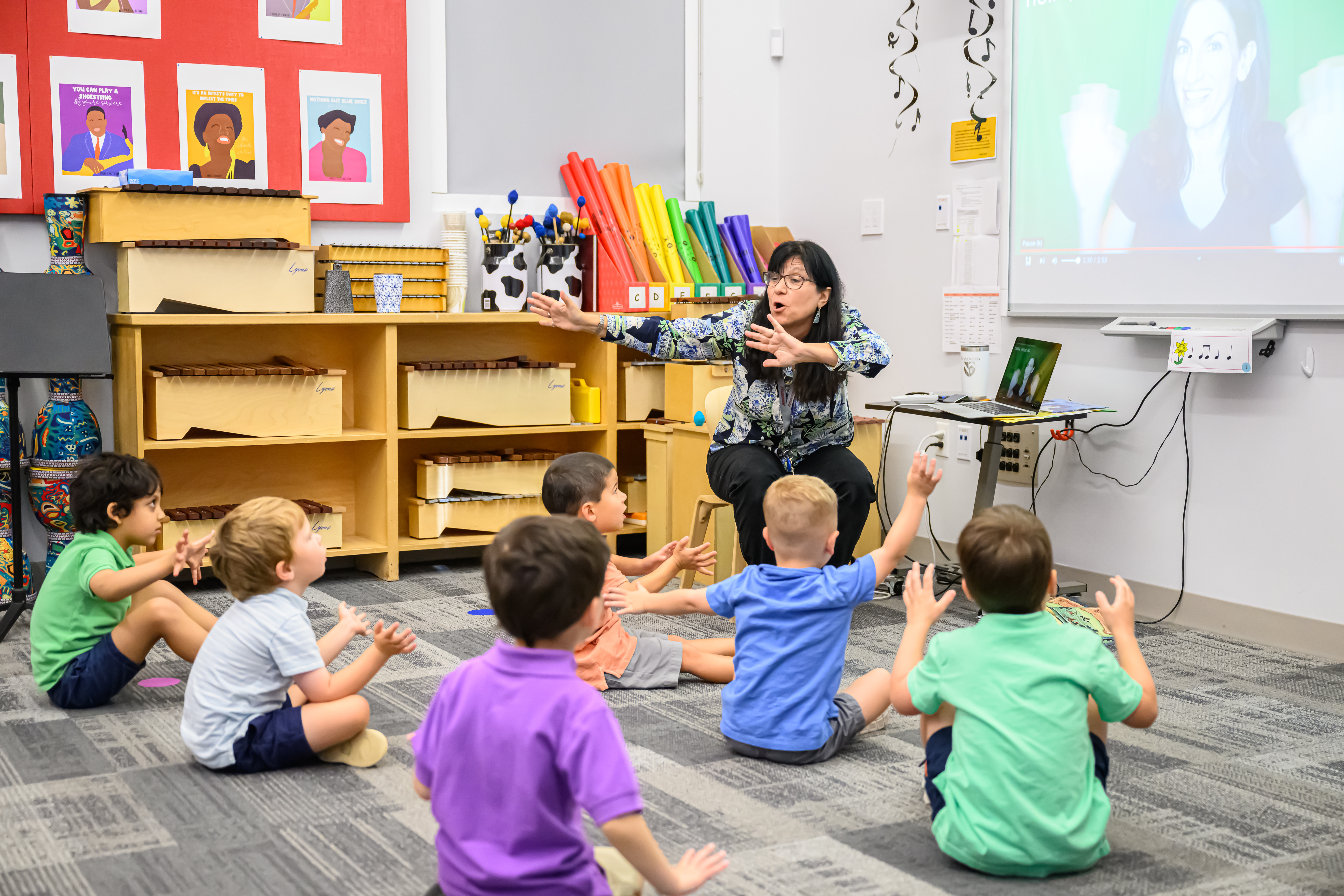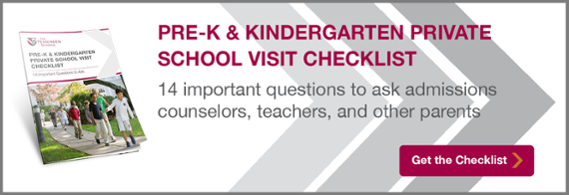A few weeks ago on this blog, we interviewed a Pre-K teacher here at The Fessenden School about how high-quality pre-kindergarten programs help prepare boys to succeed in kindergarten. She told us that Fessenden’s Kindergarten teachers report back to her that students who come out of our Pre-K program shine in their classes.
Does a good pre-K program really set the stage for kindergarten success? We decided to go straight to the source to find out.
According to Danielle Chambrelli, a Fessenden Kindergarten teacher, graduates of Fessenden’s Pre-K program, and others like it, are indeed ready to hit the ground running as soon as they enter Kindergarten.
(This, by the way, confirms what several education researchers have already found. According to this research summary by the Center for Public Education, “There is strong evidence showing that young children who participate in high-quality pre-k programs enter school more ready to learn than their peers.”)
Danielle tells us that there are three reasons solid pre-K programs give the students in her class a head start.
1. Pre-K students are comfortable with transition.
Kindergarten is all about transitions.
There is the big transition from daily life at home surrounded by family to five days a week in a classroom, surrounded by peers and teachers. And then there are the several small transitions throughout the day: from morning meeting to reading workshop, from reading workshop to physical education, from inside the classroom to outside on the playground.

For first-time students, it can take some getting used to. For veterans of a high-quality pre-K program, on the other hand, transitions are nothing new.
“Students who’ve been through a strong pre-K program can more easily separate from a parent and start their day in a much more positive light, because they’ve done it before,” Danielle says. “They know they’re transitioning to a place that’s full of joy—a happy place. They know they get to see their parents at the end of the day.”
2. Pre-K students have a ready-built academic foundation.
“Starting school can be exhausting for children who don’t have their foundational academic skills down,” Danielle says. “It can be hard, especially, because they’re transitioning to a new place, trying to get used to a new building, a new commute, a new everything. On top of that, they’re trying to learn things from the ground up. That’s really difficult.”

In a quality pre-K program, students get a jump on connecting letters to sounds, recognizing letters, and recognizing numbers.
“If those skills are solid when you’re coming into kindergarten, you don’t have to play catch up,” Danielle says.
3. Pre-K students have experience with structure.
It may not occur to some parents, but there is a learning curve to overcome when a student first starts spending time in a classroom. Children who have attended a pre-K program have already become familiar with the structure and expectations of being in school.
“These can include the simple things, Danielle explains, like what to do when you’re sitting on a rug, how to behave in a line, or listening while a teacher or a friend is talking to you. They can also include more complex skills, like participating in a group discussion.
“These things are very familiar to children who have gone through a well-designed pre-K, but they might be foreign to children coming from a different type of school that’s not as structured,” Danielle adds.
Read On

3 Things You Can Learn About Educating Young Boys – A Male Early Education Teacher’s Perspective

Designed For Play: How Fessenden’s Pre-K/K Playground Helps Boys Learn


